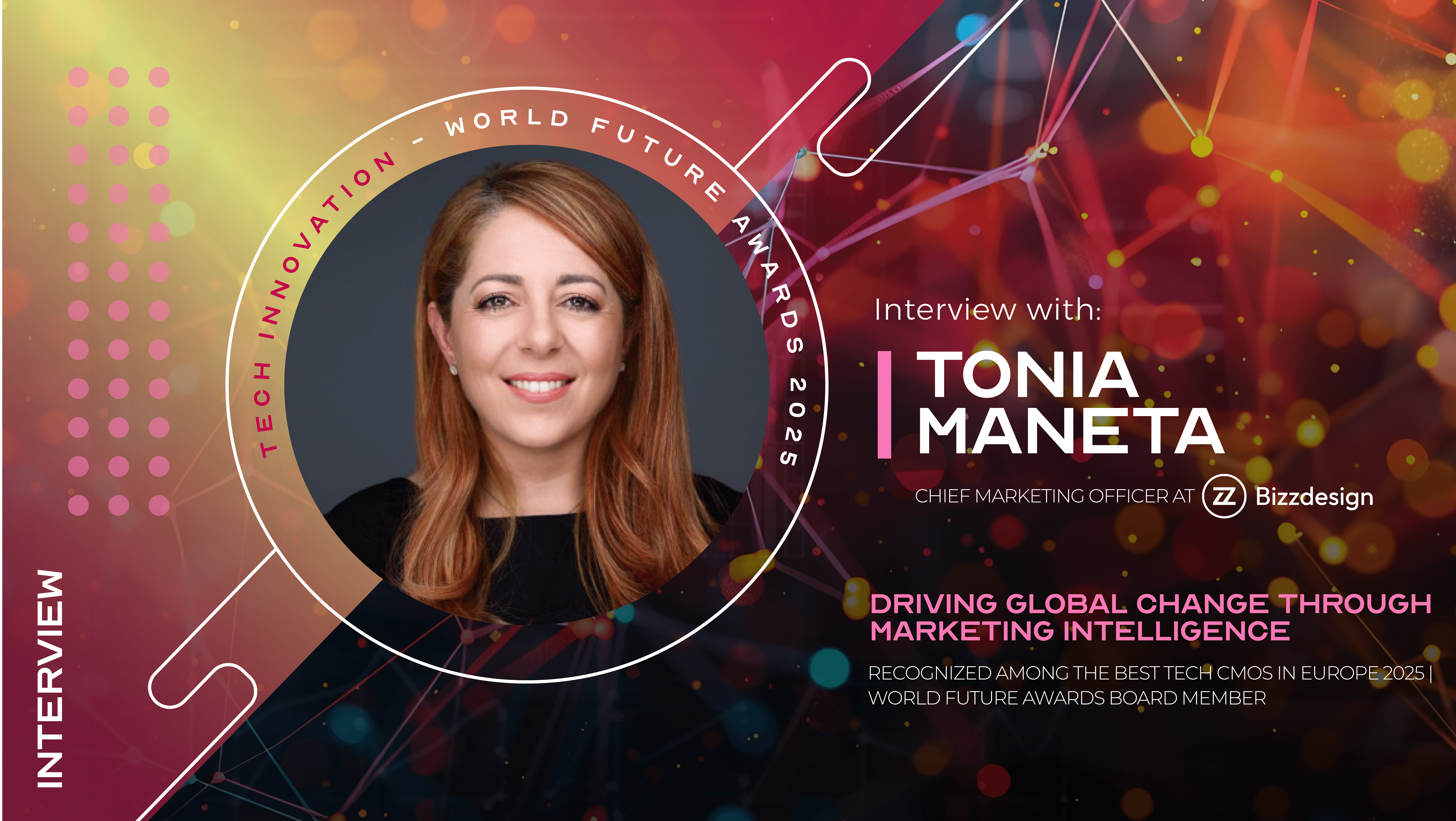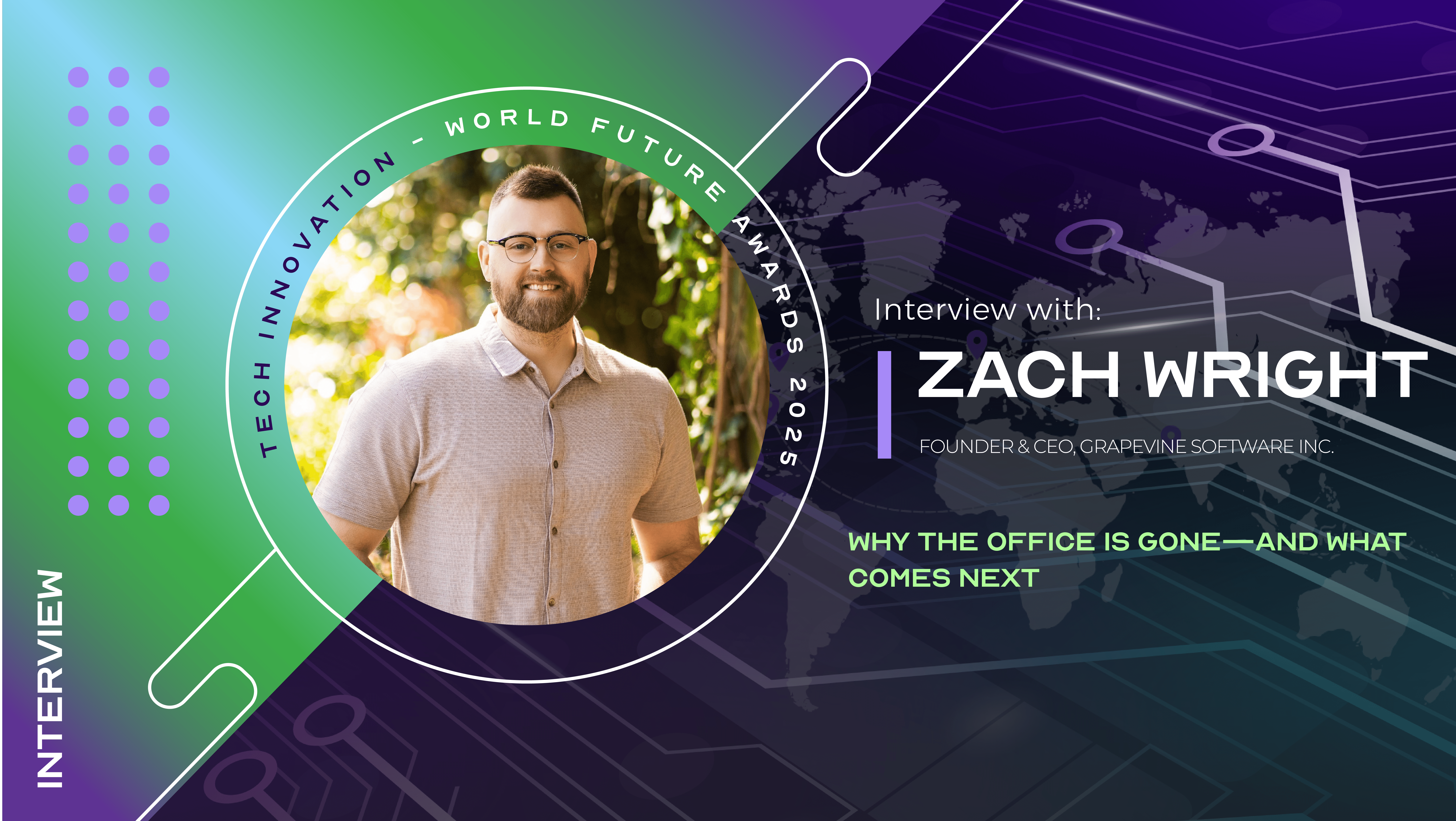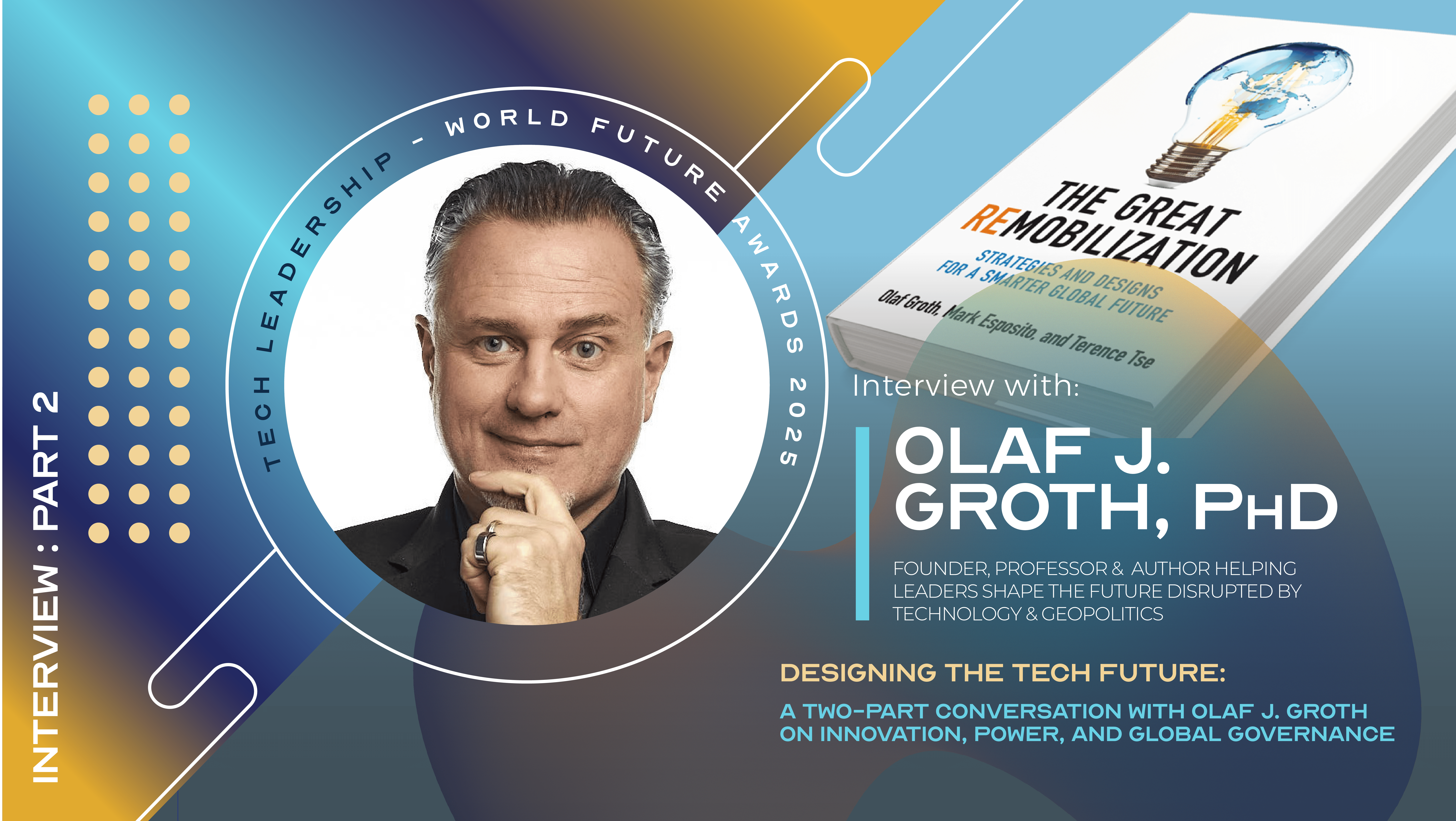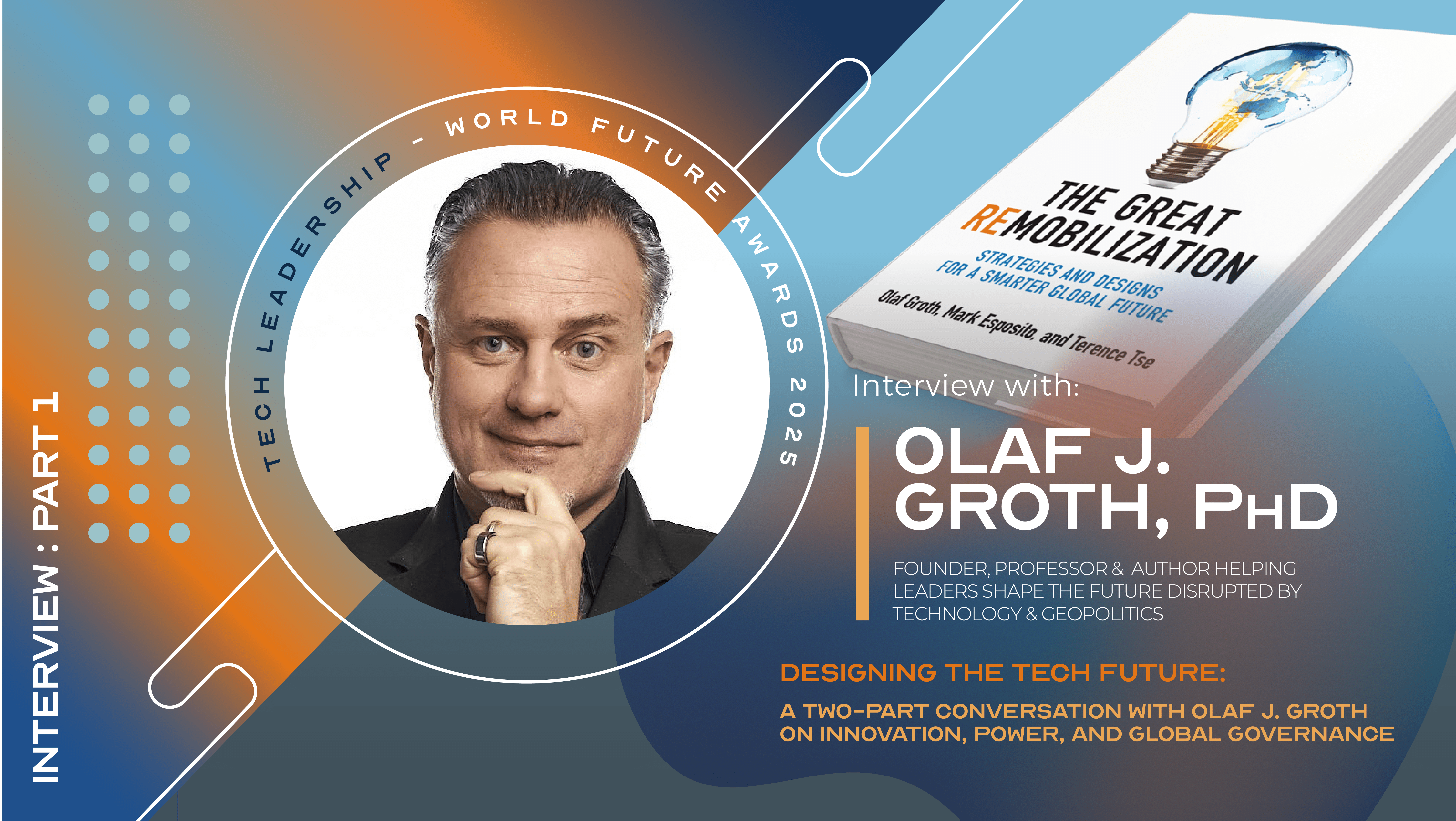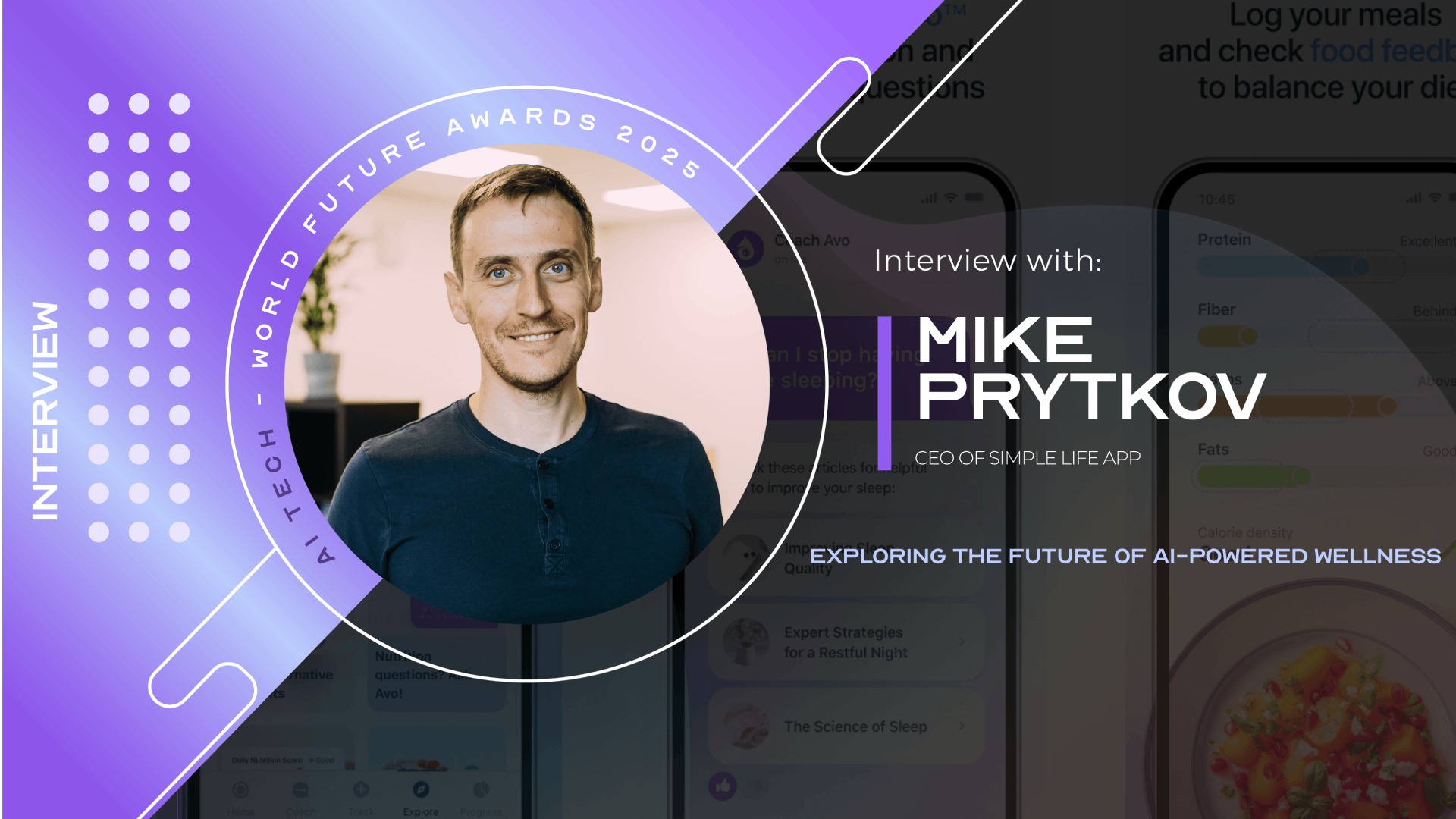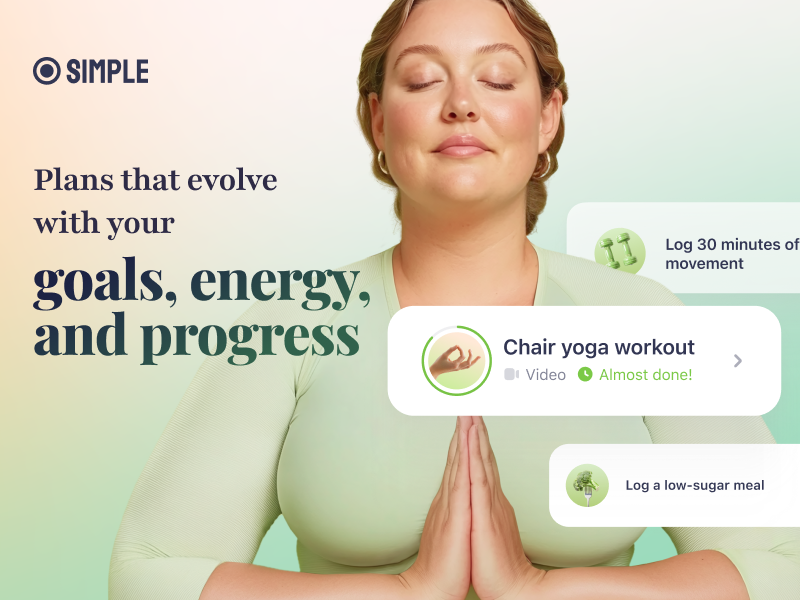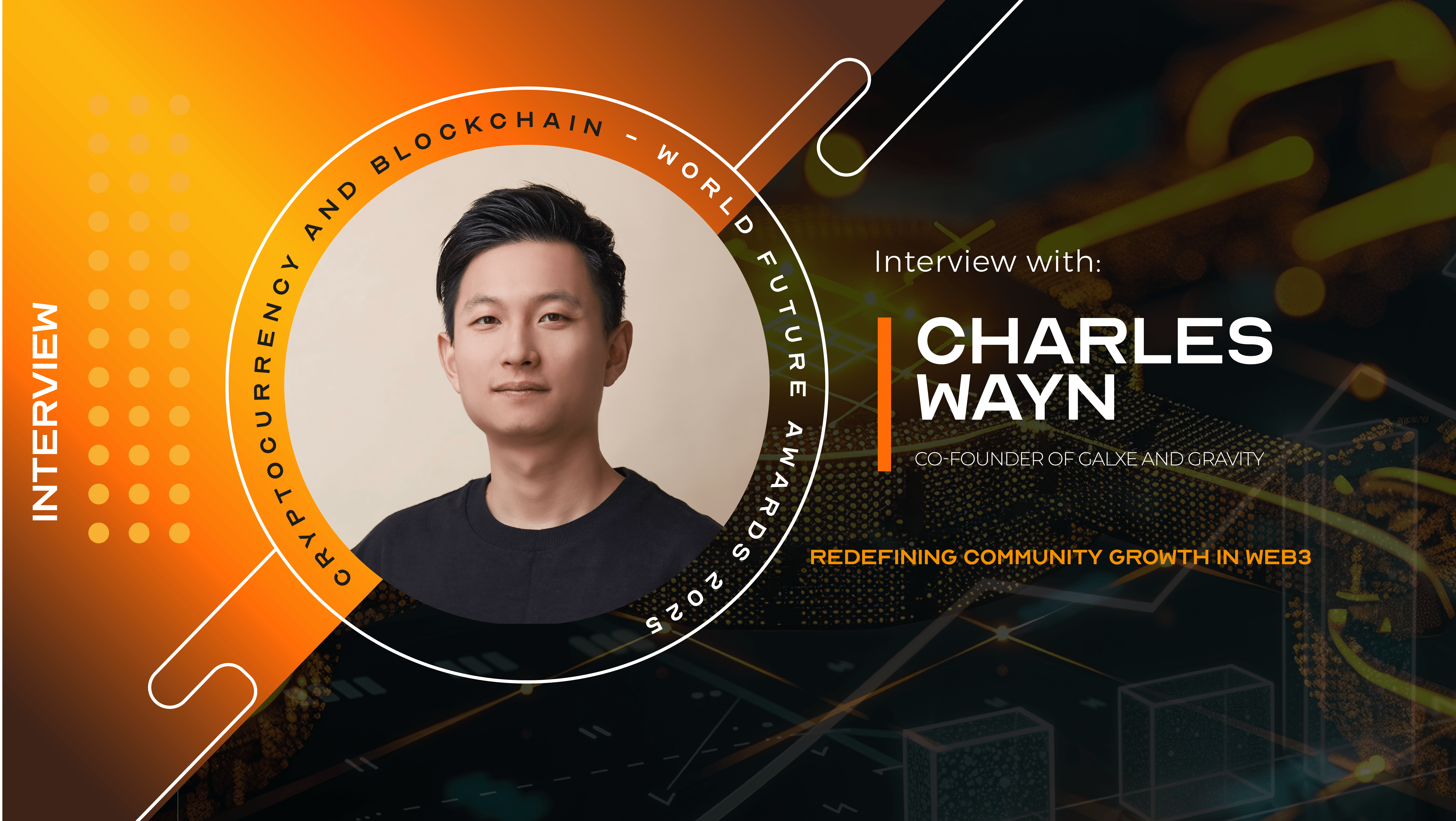Remote learning is no longer a contingency plan; it’s a core pillar of modern education and upskilling. At the intersection of innovation and human connection stands Dora Hrkac: Forbes Communications Council contributor, Gold Stevie Award-winning strategist, and Board Member of the World Future Awards.
Following her transition from tourism and hospitality to a global tech brand in renewable energy, Dora now leads a boutique consultancy blending strategic communications and education-driven workshops, as part of her extensive portfolio.
In her corporate days, she championed internal mentorship and training programs. This blend of an educator’s mindset and a marketer’s skillset is what makes Hrkac unique. As a brand expert, she has long promoted personal and employer branding as a form of education. The success of these engagements has cemented her status as a thought leader who bridges the gap between corporate and academia.
Drawing from her 15 years of international experience across B2C, B2B, and B2G sectors, in our conversation, Dora reflects on her university days, recent workshops, and the evolving role of technology. Her enthusiasm for continuous learning isn’t a recent development; it’s rooted in her own, quite inspiring journey.
WFA: Dora, your recent LinkedIn post about graduating 15 years ago resonated with many. How does that experience inform your views on the future of learning?
Dora Hrkac: I graduated from the Faculty of Political Science, University of Zagreb in Croatia, with a Master’s in Journalism. Back then, we could choose a major in Press, TV, Radio, or Public Relations. My heart was set on television, dreaming of outshining Oprah, but life had other plans in store…
One of the highlights of my Uni days was producing our student TV show, “Brain Humour”, alongside my super creative colleagues. Those hands-on experiences taught me far more than theory ever could. Ironically, it was during my final-year internship at Nova TV that I realised daily news broadcasting wasn’t my calling.
That shift taught me a crucial lesson: education thrives on practical application. While my degree opened doors, real learning happened after graduation, through global campaigns, crises, projects, and now, running my own consultancy. That education didn’t equip me with all the tools for today’s AI-driven world, but it checked a vital box and served as the backbone of everything I was poised to become.
Degrees check a box. Experience writes the playbook.
WFA: You recently led a workshop for Qatar’s TASMU Accelerator. How does value proposition messaging tie into remote learning?
Dora Hrkac: This October, I was invited to mentor 26 startups from the Smart Cities, Healthcare, Environment & Sustainability, Transport, and Logistics sectors. The focus was on value proposition messaging and aligning their brands with Qatar National Vision 2030. Having spent nearly 5 years at a UAE-based energy-tech scaleup, I understood how to guide startups toward investor-readiness, particularly in culturally complex B2G environments. Participants came from across the globe, Europe, the UK, the US, KSA, MENA, the GCC, and China, and my prior experience operating in most of these markets made the engagement more impactful.
Pitching and teaching demand the same core skill set. You must understand your audience and tailor your message to their context, whether you’re selling a product or leading a remote learning cohort. Storytelling with substance always wins.
Just as important is aligning your messaging with investors’ national priorities. It signals that you are here to contribute to a country’s long-term progress, not just to make a quick profit. It’s a powerful trust builder when pitching to government or enterprise clients.
Ultimately, this mirrors the future of learning itself: personalised, culturally relevant, and audience-specific content is no longer a nice-to-have; it is essential.
WFA: You also hosted a webinar focused on innovative marketing methods for educational institutions in MENA. What were the key takeaways?
Dora Hrkac: I partnered with an interactive video studio for online education. I tested the platform myself and fell in love with both the product and the team behind it. The webinar focused on helping institutions stand out, whether universities, primary schools, online academies, or corporate training providers.
My agenda centred on redesigning digital platforms into interactive learning ecosystems and showcasing training programs that inspire people to grow. I also encouraged embracing AI personalisation, microlearning, and immersive tools like VR. Education should evolve, but not at the expense of human connection. Technology should improve engagement, not replace it. Naturally, I emphasised LinkedIn as a key tool for B2B storytelling. Educational leaders must leverage content, testimonials, and ESG alignment to foster learning that extends beyond the classroom.
WFA: With over 23K followers and leading campaigns that generated $450K in PR value, how do you see platforms like LinkedIn shaping the future of learning and professional development?
Dora Hrkac: I see branding, whether personal, corporate, or employer-led, as education in disguise. Every post, pitch, or press release is an opportunity to teach, influence, or shift perspectives, and that philosophy guides everything I share on LinkedIn. The platform has become the new classroom and, among today’s social media channels, one of the most influential spaces for professional development and personal growth. A well-crafted post can inspire thousands and guide them through your products, services, people, or even your own learning curve.
Good marketing is educational by nature. While I enjoy mentoring, I do not share my know-how pro bono. As Roger H. Lincoln said wisely: “There are two rules to success: 1) Never tell anyone everything you know, and second…” Instead, I teach through example, and that kind of insight is absorbed by those who know how to read between the lines. However, nothing I share is one-size-fits-all. For those who are creative enough, LinkedIn can be both informative and entertaining, and that is where the real power of storytelling lies.
WFA: As a World Future Awards board member and communications expert, where do you see remote learning evolving the most?
Dora Hrkac: The future of learning is hybrid and AI-driven, yet still deeply human at its core. Remote learning is no longer a workaround; it’s a fundamental part of how we educate, onboard, and empower individuals across sectors. But technology alone isn’t the revolution. The real shift lies in how we engage through it.
According to Devlin Peck’s Online Learning Statistics, 70% of students find online formats more effective than traditional classrooms. Over 80% of companies now use e-learning, with strong returns: performance increases of up to 25%. Globally, the market is expected to exceed 370 billion dollars by 2026.
In the MENA region, the momentum is especially exciting. Governments are investing heavily in EdTech, and a young, digital-native population is driving demand for immersive tools, from gamification and mobile-first platforms to AI-enhanced systems that personalise the user journey.
This shift is particularly relevant for sectors like tourism and hospitality, where hybrid onboarding, upskilling, and service excellence training are becoming critical differentiators. From virtual concierge simulations to cross-cultural sensitivity modules, brands that invest in smart learning ecosystems are building stronger teams and better guest experiences.
And this is where communication becomes key. Even in digital spaces, tone, cultural fit, and emotional relevance determine whether someone leans in or tunes out.
WFA: One last question, on a more personal note. As you turn 40 this November, a milestone many view with mixed emotions, what is one great lesson you’ve learned?
Dora Hrkac: Every chapter of my life feels like earning a new degree. There are many lessons I’ve gathered along the way, but if I had to choose one, it would be this: knowledge is power, and the day we stop learning is the day we stop growing.
The number 40 holds deep symbolic meaning across cultures and faiths, often representing testing, renewal, and transformation. While prophets and seekers needed 40 days, I suppose I needed 40 years. (laughs)
Today, I understand that the most valuable lesson is self-awareness. It does not come from universities, but from living, reflecting, and evolving.
Looking back, I wish I had explored more diverse educational paths earlier. But now, with access to knowledge more open than ever, there are no excuses, only priorities. When learning is at the top of that list, it stops feeling like an obligation and becomes a source of joy.
Turning 40 doesn’t scare me, but standing still does.
Degrees may open doors, but curiosity builds rooms… for improvement.
The challenges I have faced have been both tests and blessings, each shaping me, much like the Phoenix rising from the ashes. Whether it’s finally making peace with Excel formulas, diving into Arabic, or pursuing an MBA, I want this next decade to reflect purposeful learning, not performative achievement.
Every new chapter in life invites us to unlearn, relearn, and evolve.
If my thirties were about proving myself, my forties will be about rewarding that growth.
Inshallah 😉
All these endeavours underscore a core theme in Dora Hrkac’s narrative: a genuine love of learning and teaching. As much as she is a trusted advisor, Dora still sees herself as a student of her craft and a branding case study in progress. As remote learning and hybrid work environments continue to reshape the way we grow and connect, leaders like Dora have become invaluable guides for businesses, governments, and educational institutions alike.
While she enjoys the freedom of entrepreneurship, she remains closely connected to the industry landscape and open to platforms that amplify her impact, including a potential return to corporate leadership. Part of her appeal lies in her dual lens. She understands the mindset of fast-moving startups and the complexity of large enterprises alike. Dora has proven she can wear many hats, but if there’s one thing she loves as much as building brands, it’s building genuine connections with the right people.
Connect with Dora Hrkac on LinkedIn to continue the conversation.



